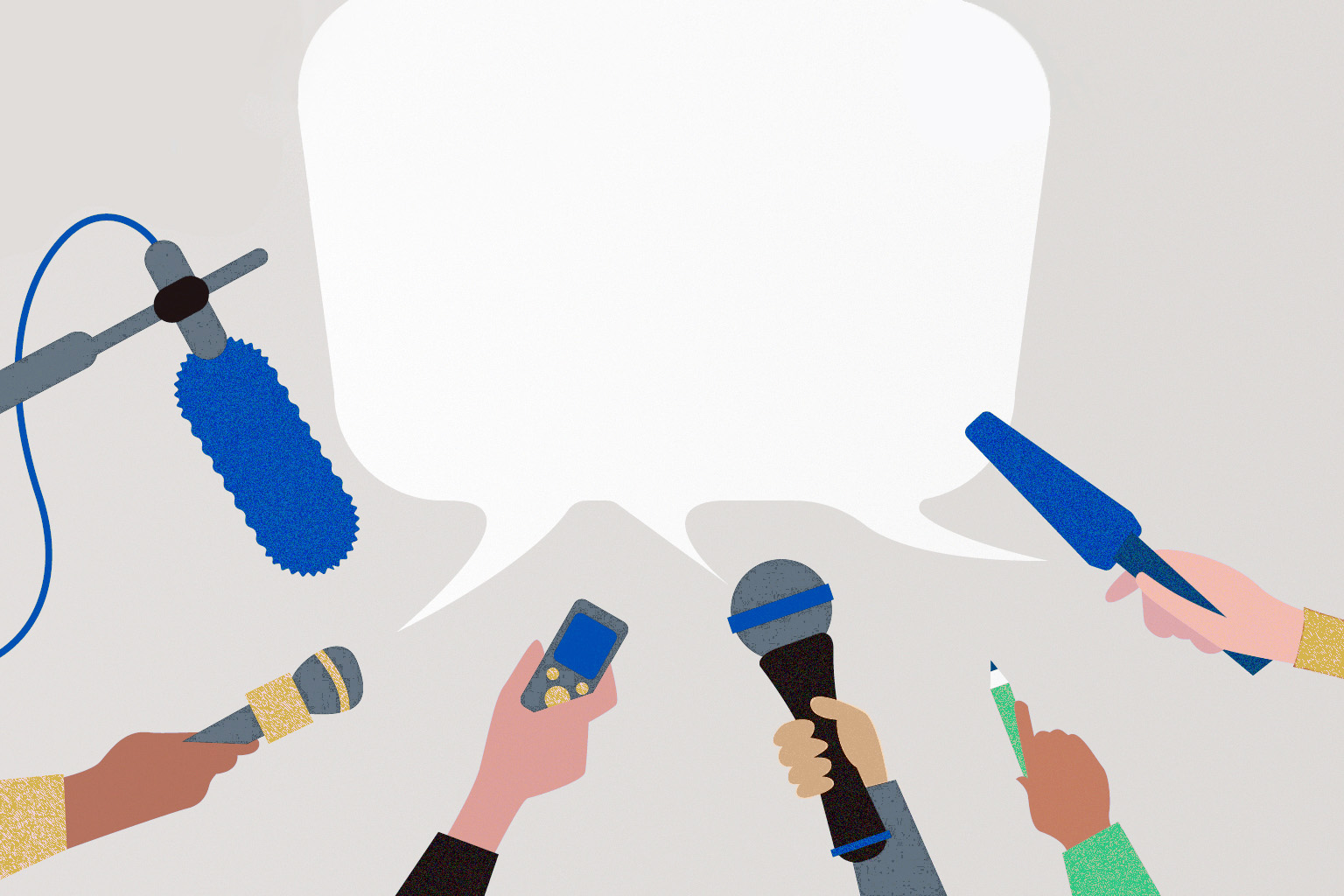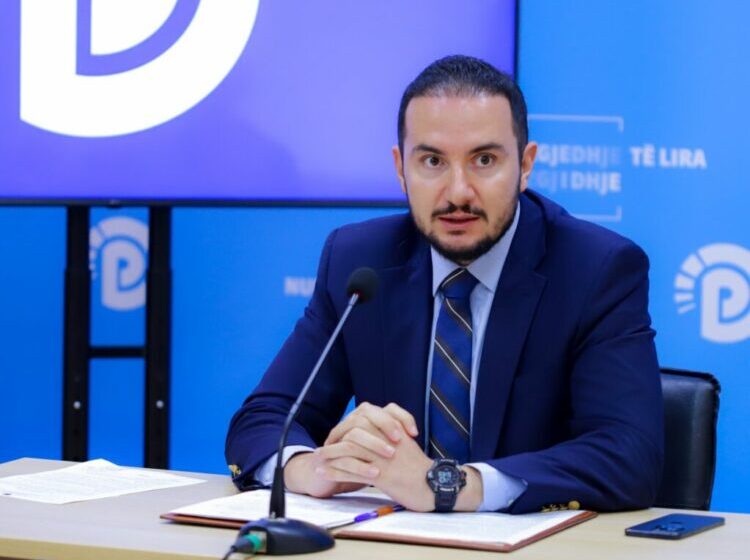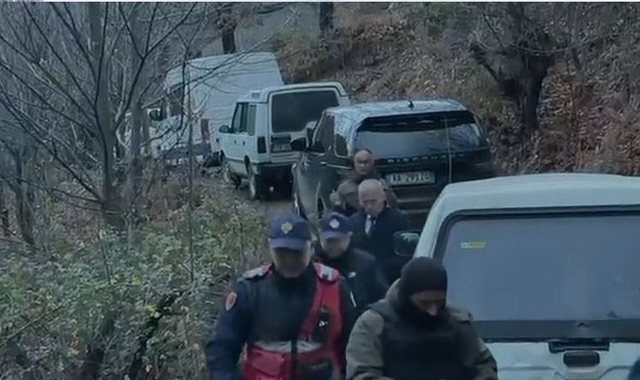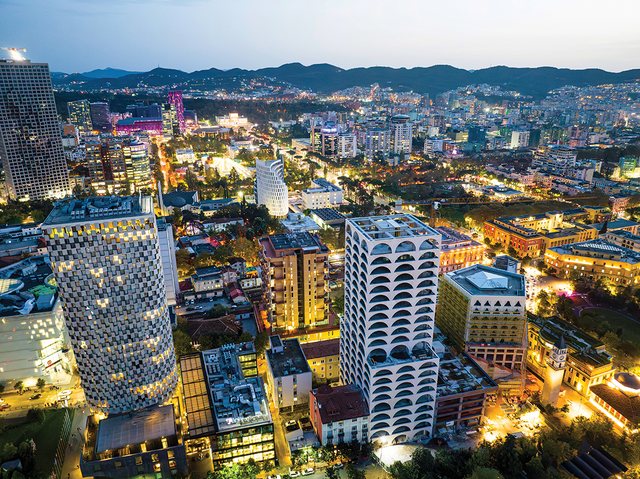Kosovo government dismisses press freedom concerns, critics call reaction alarming

The Kosovo government has rejected the latest Reporters Without Borders (RSF) report that ranks the country 99th globally for press freedom, claiming the issue lies not in government interference, but in declining media standards. The statement has stunned many who view it as a deflection from growing institutional hostility toward independent journalism.
Why is this important: Kosovo’s dismissive response to the sharpest drop in press freedom in 15 years raises red flags about the government’s attitude toward accountability and free expression. It also puts pressure on Prime Minister Albin Kurti’s administration, which is now facing accusations of fostering a hostile media environment.
Context: Government spokesperson Përparim Kryeziu told Radio Free Europe that Kosovo “does not lack press freedom,” but instead suffers from “a fall in media quality.” According to him, unprofessional reporting prompts pushback from institutions, which is then mischaracterized in international assessments as suppression.
This interpretation left analysts and critics “aghast.” Critics say the government is minimizing real threats, including state boycotts, proposed censorship laws, and a climate of intimidation.
The RSF report paints a grim picture. It cites a worsening media landscape in Kosovo, driven by political pressure, legislative threats, and direct attacks on journalists. Kosovo fell 24 positions this year alone, after dropping from 56th to 75th in 2024.
The Association of Journalists of Kosovo (AGK) called the report “deeply troubling,” pointing directly to Albin Kurti’s government’s actions over the past two years as the root cause of the decline.
What else: Last year, the Kosovo Assembly passed a controversial law granting broad oversight powers to the Independent Media Commission (IMC), including fines and licensing requirements for online media. The Constitutional Court struck down key provisions of the law last week, finding them unconstitutional.
In January, several international and local NGOs condemned Vetëvendosje for excluding three major TV networks—Klan Kosova, TV Dukagjini, and T7—from access to government events. The ruling party denied it was a boycott, calling it “editorial distancing,” but media organizations rejected that claim.
The report also noted discrimination against Serbian-language outlets and efforts to undermine the public broadcaster, RTK.
Furthermore, AGK recorded 24 cases of threats or violence against journalists in 2024. The year before, there were 53. The report recognizes that journalists in Kosovo often face smear campaigns online and are accused of “collaborating with the enemy,” a term increasingly used by political and religious actors.


